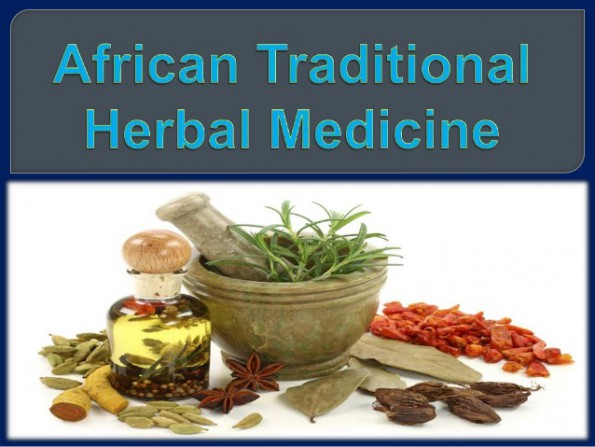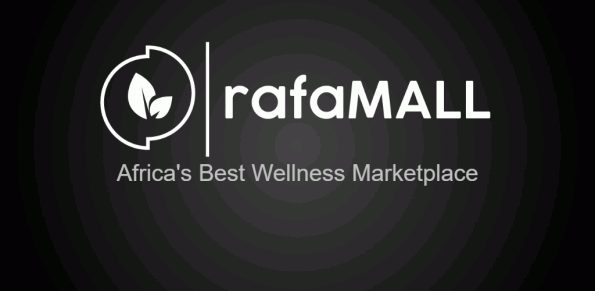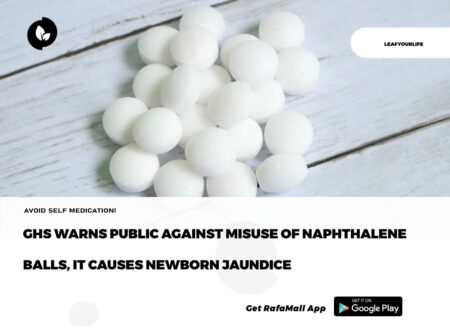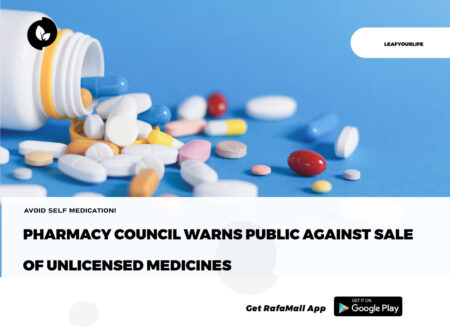
During the early stages of the pandemic, while the rest of the world grappled with the devastating effects of the pandemic, Africa seemed untouchable. Many theories were circulating that the novel Coronavirus would thaw under the African heat. The worry, though, was that the largely derelict health infrastructure in Africa would further under the pandemic’s weight. As a beggar continent, most of the sponsors were busy extinguishing the fire in their backyards. The question was, would they mind us if we released our usual sharp screams for help, with conspiracy theorists already having a field day claiming that the novel Coronavirus was a biological weapon. They further claimed that vaccines would be used to wipe the continent. A hackneyed proverb goes, “A beggar is not a chooser,” how would Africa beg and tell the helper what help she did not want? Given a chance to tell what she wanted, would she know what kind of help could help her navigate these murky COVID19 waters?
After Madagascar, one of Africa’s daughters brought out her CVO; she was told to shut up and sit down, or she would be shut out of the world. Maybe they thought that she was not old enough to help herself. Many homes in Africa have depended on traditional medicines. With BIG PHARMA already battling and racing to produce the breakthrough for COVID19, herbal medicines presented an auspicious occasion for African countries, perhaps for the first time in a while, to produce a much-needed cure and save the world. However, it’s important to note that any progress in Africa is hampered first by internecine dissenting voices of ‘health experts’ before the world disapproves of our efforts. Having not wanting to do anything with the Malagasy cure based on claims of inadequate scientific data and dismissing the Malagasy studies, one wonders whether regional blocs like ECOWAS will do the same when vaccines come or they will gracefully extend their begging bowers without any qualms.
I remember talking to one of my close friends, a Tanzanian student in the health sciences. He wanted to hear my thoughts on the burgeoning herbal industries because of COVID19 and also to school me on what was happening in his country. With a few available sources, I sought to find out what was happening in a few African countries. Reading through, I discovered that many African countries were experiencing the same issues: The governments show hints of accepting that herbal medicines work with empty promises of further investigations, some scientist with criticism without solution emerges from nowhere disapproves and cautions the public, the public ignores those bits of advice, news of quacks dominate the news occasionally until any hope of further research wanes.
What happened Tanzania
Tanzania will be famous for being one of the first countries to declare itself COVID-free. I remember the famous video of Tanzanians dancing in a bar holding a coffin made of a cardboard box with the inscription “RIP CORONA.” The President of Tanzania, Mr. Magafuli, is known to be a staunch advocate and unapologetic supporter for everything African. It is said he encouraged his people to use local medicinal plants as a remedy for COVID. Mr. Magafuli was also one of the first African heads of state who ordered the Malagasy COVID19 herbal remedy. There were reports of people making concoctions of lemon, ginger, pepper and onions, and sometimes mango leaves. Tanzania also produced its own famous herbal medicine to cure COVID. Dr. Hamis Malebo, who is said to be a qualified Medicinal Chemist and a research scientist at the National Institute for Medical Research (NIMR), Tanzania, is said to have promoted Covidol, which he claimed strengthened the immune system. Although medical experts later disputed that the drug had undergone any clinical trials. Many people argued that Covidol played a huge role in getting Tanzania back to normalcy. Some sources say that Covidol is a blend of ginger, garlic, black pepper, lemons/lime, honey, and onions.
Madagascar
In April of 2020, Malagasy President Andry Rajoelina announced a major breakthrough in the fight against COVID. He claimed that CVO, an herbal tea made of Artemisia, a known antimalarial drug, would be both a preventive and curative drug. Many African countries showed a keen interest in the medicine, with orders being made from many African countries. The following countries are said to have received some of the medicines: Guinea Bissau , Equatorial Guinea, Comoros, Chad, Tanzania, Republic of Congo, DRC, Senegal, Liberia, Ghana, Niger, Nigeria and Haiti. In a funny twist of events, the WHO was quick to rebuke what they termed an ‘unscientific use or ‘unproven use’ of medicines. However, they offered to collaborate with Madagascar in investigating whether the medicine really worked. What happened to that collaboration? South Africa is said to have shown interest in working with Madagascar in doing further trials with the medicine.
Ghana
With Ghana being one of the continent’s leaders in terms of scientific development of herbal medicine, there were high expectations from the general population. Buoyed by encouraging developments in Madagascar there was hope that local plants would be tested for activity against COVID19. A number of plant based medicines were presented to the Centre for Plant Medicine Research (CPMR), Mampong-Akuapim with the hope that they would be approved for market. Regardless of the promise, the hope and the passion the issue died down as it had started. One wonders what happened to these herbal medicines. Without any clear communication, we can only speculate. Notably, ‘dua gyane’ or ‘kingtsho’ scientific name Azadirachta indica has been used prominently during the pandemic. People have also been using lemon and ginger as home remedies. Apart from the hanging issue of the missing medicines, the journalist is said to have exposed ‘quaks’.
Zimbabwe
In April 2020 in a rather unprecedented move, the Zimbabwean authorized traditional herbalist to treat COVID19 patients. With an estimated 80% of the Zimbabwean population thought to be using traditional medicine, the government realised that traditional role could play a prominent role in the fight against covid19. Unsurprisingly, many health professionals were quick to register their scepticism and disapproval. Renowned traditionalist such as Sekuru Friday Chisanyu welcomed the development, encouraging fellow herbalist to adapt to the government directive. He touted plants such as ‘muhacha’ scientific name Parinari curatellifolia, ‘moringa’ Moringa oleifera, ‘zumbani’ scientific name Lipia javanica. Lipia javanica would later become a gem and a darling for many in Zimbabwe as its demand soared with the progression of the pandemic. People would use it in steaming. Other plants used included ginger for chewing.
As a student in Herbal Medicine, I have often faced a lot of questions regarding herbal medicines. Although some are to deride, the general consensus amongst many of them is that plant based medicines are very safe and they work. Most of them concede to the fact that they were raised using such medicines but they just do not think that plant based medicines are a serious thing. Growing up seeing it being administered by their illiterate grandpas and grandmas, perhaps, they think herbal medicines are not complex enough. I have also realised that most people who condemn herbal medicines condemn it because of misinformation, a lack of information or idiopathic cynicism. This has culminated in those with knowledge seeking to explain everything including what they don’t know in a bid to convince people to accept it. However, I will shout what I have always shouted “we need to know more!”. What is important to highlight and what I mentioned in my previous post is that we need to invest more in research and infrastructure in order to get more scientific explanation. What we possess more is folkloric evidence and a general confidence in the gifts endowed upon us by the creator. The need to develop herbal medicines is exigent and governments need to stand up and show courage. The more we encourage the use of herbal medicines, the more data we have to advance it.














Woow its nice article. Thumbs up